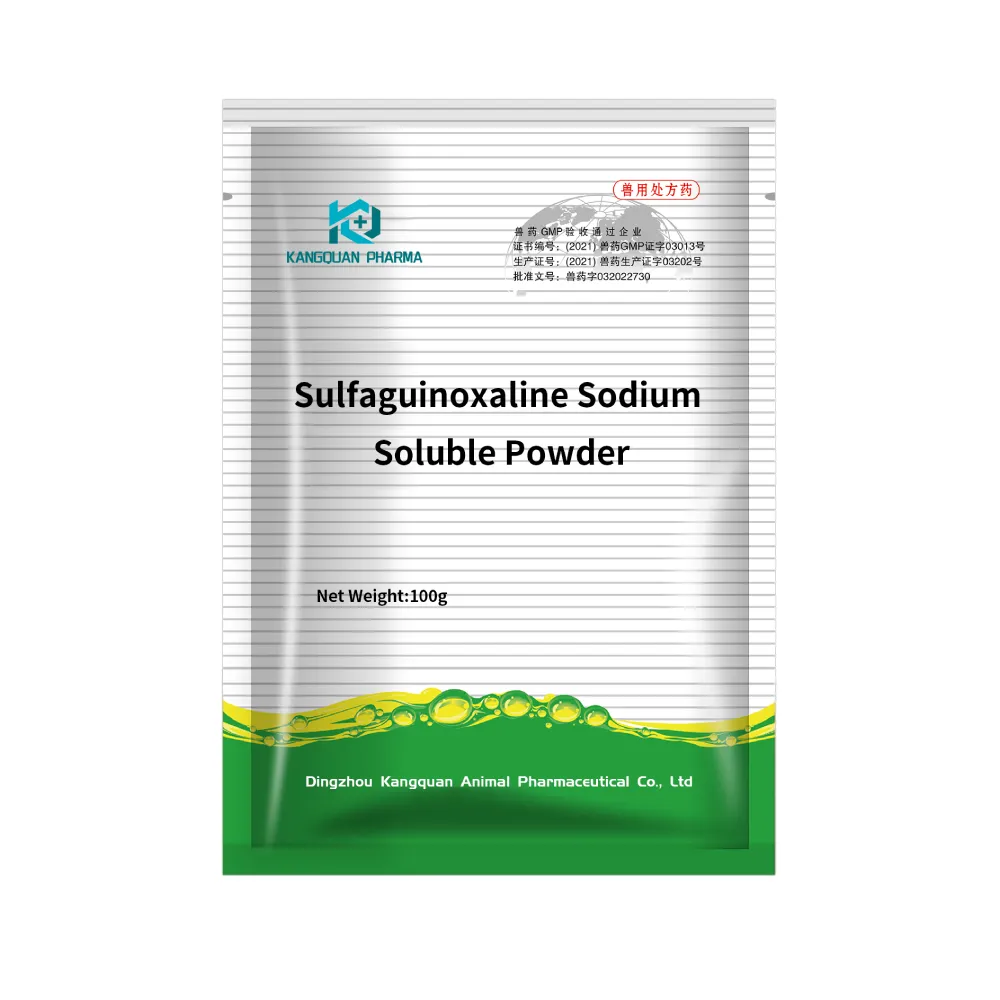- Afrikaans
- Albanian
- Amharic
- Arabic
- Armenian
- Azerbaijani
- Basque
- Belarusian
- Bengali
- Bosnian
- Bulgarian
- Catalan
- Cebuano
- Corsican
- Croatian
- Czech
- Danish
- Dutch
- English
- Esperanto
- Estonian
- Finnish
- French
- Frisian
- Galician
- Georgian
- German
- Greek
- Gujarati
- Haitian Creole
- hausa
- hawaiian
- Hebrew
- Hindi
- Miao
- Hungarian
- Icelandic
- igbo
- Indonesian
- irish
- Italian
- Japanese
- Javanese
- Kannada
- kazakh
- Khmer
- Rwandese
- Korean
- Kurdish
- Kyrgyz
- Lao
- Latin
- Latvian
- Lithuanian
- Luxembourgish
- Macedonian
- Malgashi
- Malay
- Malayalam
- Maltese
- Maori
- Marathi
- Mongolian
- Myanmar
- Nepali
- Norwegian
- Norwegian
- Occitan
- Pashto
- Persian
- Polish
- Portuguese
- Punjabi
- Romanian
- Russian
- Samoan
- Scottish Gaelic
- Serbian
- Sesotho
- Shona
- Sindhi
- Sinhala
- Slovak
- Slovenian
- Somali
- Spanish
- Sundanese
- Swahili
- Swedish
- Tagalog
- Tajik
- Tamil
- Tatar
- Telugu
- Thai
- Turkish
- Turkmen
- Ukrainian
- Urdu
- Uighur
- Uzbek
- Vietnamese
- Welsh
- Bantu
- Yiddish
- Yoruba
- Zulu
8 月 . 29, 2024 00:50 Back to list
Anti-Parasite Medication for Dogs | Effective Solutions for Your Pet's Health
Anti-Parasite Medication for Dogs A Comprehensive Guide
Parasites can pose significant health risks to dogs, making the effective management of these unwelcome guests crucial for pet owners. Various types of parasites, including fleas, ticks, heartworms, and intestinal worms, can infest dogs. Each of these parasites can lead to a multitude of health issues, ranging from mild irritations to severe, life-threatening conditions. Therefore, understanding the anti-parasite medications available is essential for ensuring your dog's health and wellbeing.
Types of Parasites
1. Fleas These tiny insects are notorious for causing itching and discomfort in dogs. Fleas can also transmit tapeworms and lead to severe allergic reactions in some dogs.
2. Ticks Ticks are not just a nuisance; they can carry serious diseases such as Lyme disease, Rocky Mountain spotted fever, and anaplasmosis. Prompt removal and preventive measures are essential.
3. Heartworms These parasitic worms infect the heart and lungs of dogs and can be fatal if untreated. Heartworm disease is transmitted by mosquitoes, which makes preventive measures critical, especially in warmer climates.
4. Intestinal worms Common intestinal parasites include roundworms, hookworms, and whipworms. These worms can cause a range of symptoms, including diarrhea, vomiting, and weight loss.
Anti-Parasite Medications
There is a variety of anti-parasite medications available to help protect dogs from these invaders. These medications can be divided into three main categories prevention, treatment, and control.
1. Preventive Medications These are generally administered monthly and can protect against fleas, ticks, and heartworms. Some popular preventive options include
- Topical Treatments These are applied directly to the skin and can kill or repel fleas and ticks for an extended period. Products like Frontline and Advantage are well-known examples.
anti parasite medication for dogs

- Oral Medications Oral medications such as Bravecto and NexGard offer convenience and are often preferred for high efficacy against fleas and ticks with a single dose lasting several months
.- Heartworm Preventives Medications such as Heartgard are crucial for preventing heartworm infections and are typically given monthly.
2. Treatment Medications If a dog is already infested with parasites, treatment is necessary. This could involve
- Flea and Tick Treatments These can come in various forms, including collars, topical solutions, and oral medications that eliminate existing infestations.
- Worming Products Dewormers are prescribed based on the type of intestinal worm diagnosed. Common medications include fenbendazole and praziquantel.
3. Control Measures In addition to medication, controlling the environment is vital. Regular grooming, vacuuming the home, and maintaining cleanliness in outdoor areas can help minimize exposure to parasites.
Regular Veterinary Visits
Routine check-ups with a veterinarian are essential for effective parasite control. Veterinarians can recommend suitable anti-parasite medications based on a dog’s specific needs and lifestyle. They can also conduct tests to identify existing infestations and ensure that preventive measures are working effectively.
Conclusion
In conclusion, anti-parasite medications play a vital role in maintaining the health of dogs. By understanding the types of parasites and the medications available, pet owners can take proactive steps to protect their furry companions from these harmful invaders. Regular veterinary care, combined with effective prevention and treatment strategies, will help ensure a happy, healthy life for your dog.
-
The Power of Radix Isatidis Extract for Your Health and Wellness
NewsOct.29,2024
-
Neomycin Sulfate Soluble Powder: A Versatile Solution for Pet Health
NewsOct.29,2024
-
Lincomycin Hydrochloride Soluble Powder – The Essential Solution
NewsOct.29,2024
-
Garamycin Gentamicin Sulfate for Effective Infection Control
NewsOct.29,2024
-
Doxycycline Hyclate Soluble Powder: Your Antibiotic Needs
NewsOct.29,2024
-
Tilmicosin Premix: The Ultimate Solution for Poultry Health
NewsOct.29,2024













